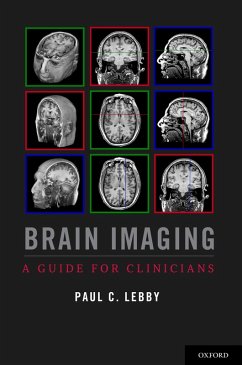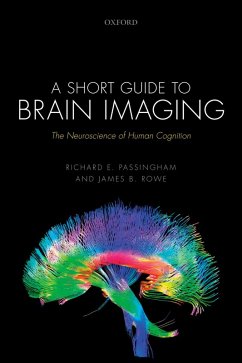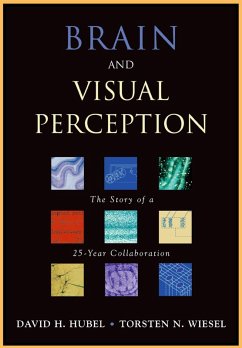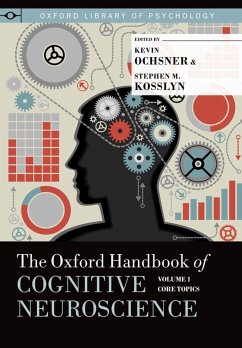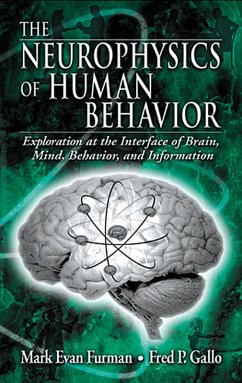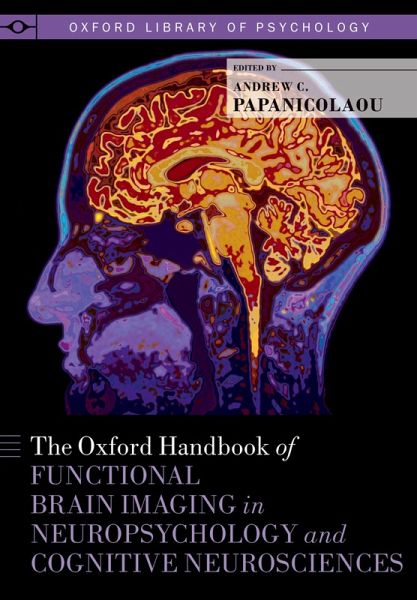
The Oxford Handbook of Functional Brain Imaging in Neuropsychology and Cognitive Neurosciences (eBook, PDF)

PAYBACK Punkte
60 °P sammeln!
The Oxford Handbook of Functional Brain Imaging in Neuropsychology and Cognitive Neurosciences describes in a readily accessible manner the several functional neuroimaging methods and critically appraises their applications that today account for a large part of the contemporary cognitive neuroscience and neuropsychology literature. The complexity and the novelty of these methods often cloud appreciation of the methods' contributions and future promise. The Handbook begins with an overview of the basic concepts of functional brain imaging common to all methods, and proceeds with a description ...
The Oxford Handbook of Functional Brain Imaging in Neuropsychology and Cognitive Neurosciences describes in a readily accessible manner the several functional neuroimaging methods and critically appraises their applications that today account for a large part of the contemporary cognitive neuroscience and neuropsychology literature. The complexity and the novelty of these methods often cloud appreciation of the methods' contributions and future promise. The Handbook begins with an overview of the basic concepts of functional brain imaging common to all methods, and proceeds with a description of each of them, namely magnetoencephalography (MEG), functional magnetic resonance imaging (fMRI), positron emission tomography (PET), diffusion tensor imaging (DTI), and transcranial magnetic stimulation (TMS). Its second part covers the various research applications of functional neuroimaging on issues like the function of the default mode network; the possibility and the utility of imaging of consciousness; the search for mnemonic traces of concepts; human will and decision-making; motor cognition; language; the mechanisms of affective states and pain; the presurgical mapping of the brain; and others. As such, the volume reviews the methods and their contributions to current research and comments on the degree to which they have enhanced our understanding of the relation between neurophysiological activity and sensory, motor, and cognitive functions. Moreover, it carefully considers realistic contributions of functional neuroimaging to future endeavors in cognitive neuroscience, medicine, and neuropsychology.
Dieser Download kann aus rechtlichen Gründen nur mit Rechnungsadresse in A, B, BG, CY, CZ, D, DK, EW, E, FIN, F, GR, HR, H, IRL, I, LT, L, LR, M, NL, PL, P, R, S, SLO, SK ausgeliefert werden.




